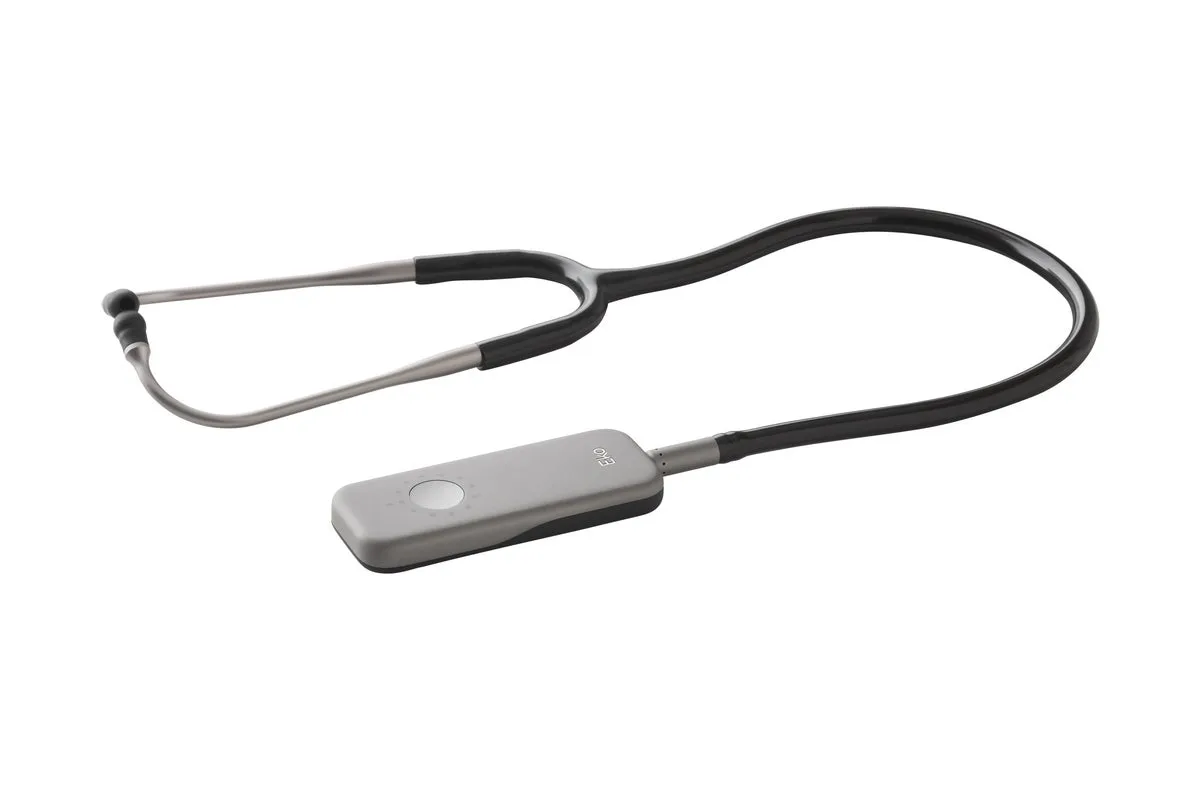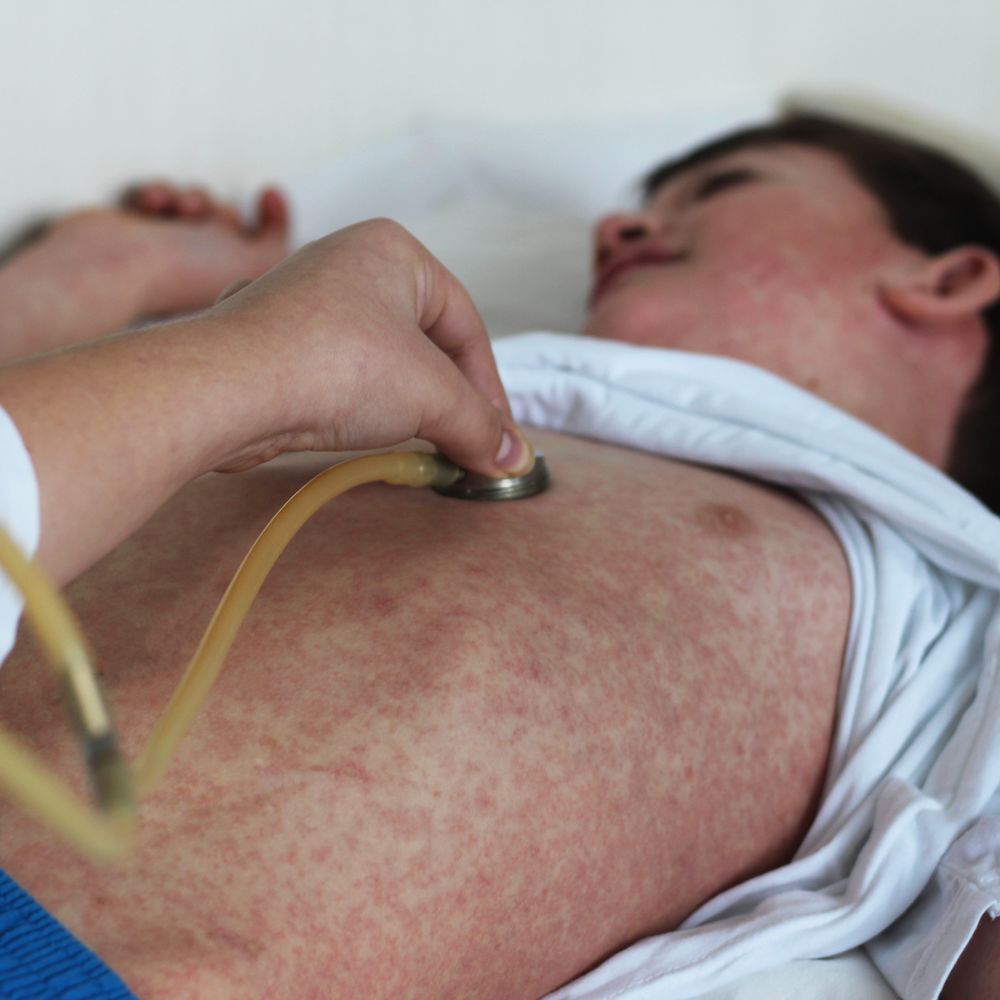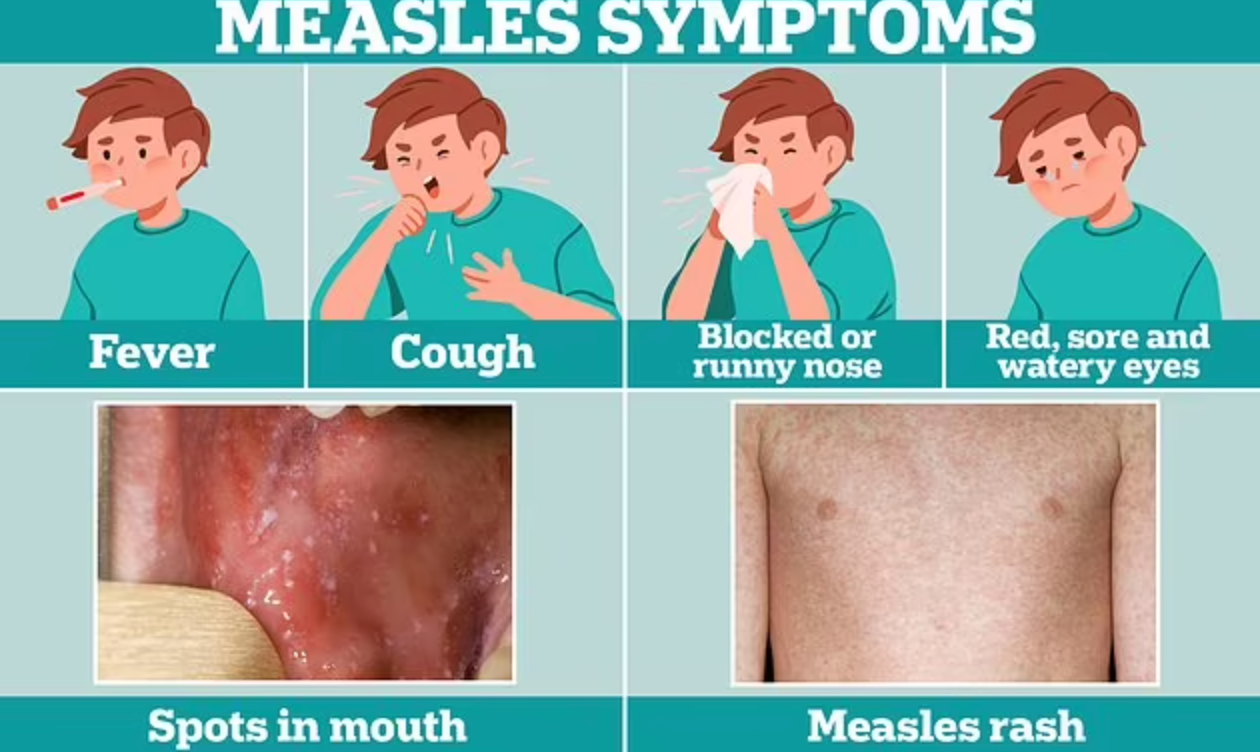Aging healthier with omega 3 and vitamin D?
Autoimmune diseases such as rheumatoid arthritis, polymyalgia rheumatic, autoimmune thyroid disease, and psoriasis (psoriasis) are among the most common ailments in the elderly. Treatment options for these diseases are limited. The results of a recent study now suggest that taking vitamin D and omega-3 supplements can protect against the development of such diseases.

Researchers from Brigham and Women’s Hospital in Boston, Massachusetts, and Harvard TH Chan School of Public Health in the US have investigated whether taking vitamin D and/or omega-3 supplements affects the development of autoimmune diseases. Among other things, it turned out that vitamin D supplementation over five years was associated with a significantly reduced rate of new cases compared to taking a placebo. The results were recently presented in the renowned specialist journal ” BMJ “.
Supplement intake monitored for five years
Taking vitamin D and omega-3 supplements appears to reduce the risk of developing Alzheimer’s and autoimmune diseases. This was shown by the researchers in the large-scale VITAL study, in which the intake of supplements or placebos was monitored over five years. 25,871 subjects aged 50 and over took part in the study. The mean age was 67.1 years.
Participants were randomly assigned to receive either vitamin D with added omega-3 fatty acids, vitamin D with a placebo, omega-3 fatty acids with a placebo, or placebo alone. The researchers then compared the groups for risk of developing autoimmune diseases.
“Given the benefits of vitamin D and omega-3 fatty acids in reducing inflammation, we were particularly interested in whether they could protect against autoimmune diseases,” notes study leader JoAnn Manson.
Results of the investigation
All autoimmune diseases that emerged during the study were documented and the diagnosis was verified by the working group. There were 123 new cases of autoimmune disease in the group that received vitamin D supplements, compared to 155 new cases in an equal-sized placebo group. In the omega-3 group, 130 new autoimmune diseases developed, while 148 people in the control group developed a new disease.
The working group concludes that vitamin D supplementation over five years is associated with a 22 percent reduced rate of new cases of autoimmune diseases. Five years of omega-3 fatty acid intake reduced the rate of new cases by 15 percent.
The basis for new recommendations
“It is exciting to have these new and positive results for vitamins and dietary supplements in the prevention of potentially highly morbid diseases,” said study lead author and rheumatology expert Karen Costenbader of Brigham and Women’s Hospital. According to her, the study offers a basis for assessment for professional societies that incorporate recommendations into future guidelines.
For which people is the intake recommended?
“Now when my patients, colleagues or friends ask me what vitamins or supplements I would recommend for them to reduce their risk of autoimmune diseases, I have new evidence-based recommendations for women 55 and older and men 50 and older,” emphasizes Costenbader.
“I recommend vitamin D at a dosage of 2000 IU per day and omega-3 fatty acids from the sea (fish oil) at a dosage of 1000 mg per day, as used in the VITAL study,” reports the doctor in one Press release on the study results.
First chance to prevent autoimmune diseases?
“Until now, there was no proven way to prevent autoimmune diseases, and now for the first time we have one,” summarizes study lead author Jill Hahn. The researchers caution that only people over the age of 50 took part in the study and that the results may not extrapolate to younger people. This needs to be investigated in future studies. “It would be exciting if we could demonstrate the same preventive effects in younger people,” Hahn concludes. (vb)




